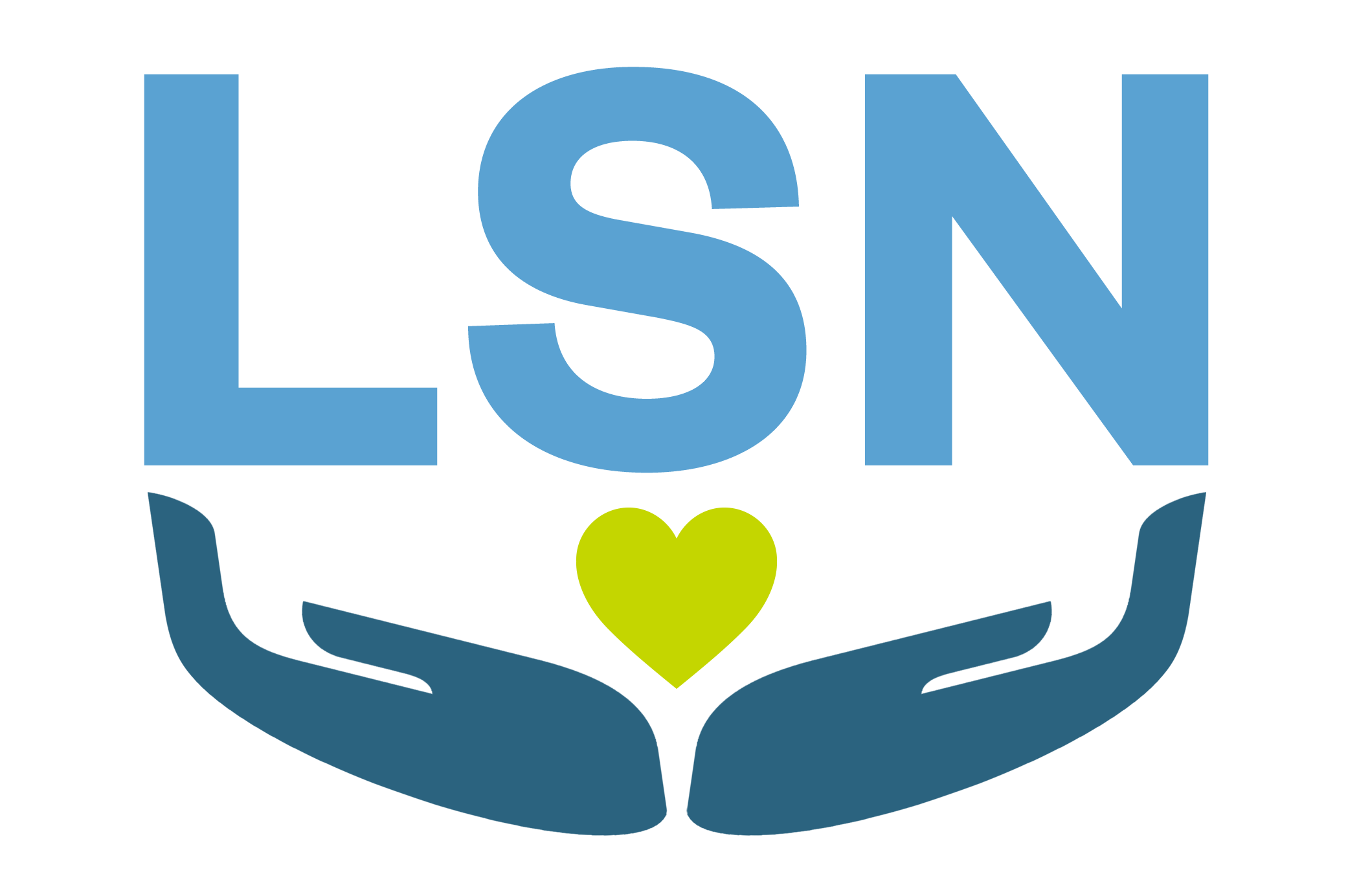Zzz Your Way to As: Why Sleep is the Ultimate Study Buddy

Sleep is crucial to achieve academic success, improving memory and cognitive function, regulating mood and reducing stress levels. Adequate sleep also benefits physical health by reducing the risk of heart disease, allowing your body to fuel itself with more nutrient-dense foods (as opposed to quick energy foods craved by tired people), and boosting the immune system.
To get more restful sleep:
- Set consistent bedtimes and wake-up times: Keeping a consistent sleep schedule helps regulate the body’s natural sleep-wake cycle. Going to bed and waking up at the same time every day, even on weekends, can help you feel more rested and alert throughout the day.
- Create a sleep-conducive environment: Make your sleeping space comfortable and relaxing. Most of us benefit from comfortable bedding and a cool and dark room. Consider using earplugs, white noise machines, or blackout curtains to reduce noise and light disturbances.
- Avoid substances: Caffeine is a stimulant that can keep you awake, so it’s best to avoid it several hours before bed. Alcohol may help you fall asleep initially, but it can disrupt your sleep later in the night, leading to poor quality sleep. Cannabis and cannabinoids may help you fall asleep faster, but can disrupt your REM sleep, leading to feelings of grogginess and fatigue the next day.1 It’s best to avoid using them as a sleep aid, especially on a regular basis, although more research is needed to fully understand their effects on sleep.
- Manage stress: College can be a stressful time, and stress can disrupt your sleep patterns. Try to manage stress through exercise, meditation, or other relaxation techniques. Get support with underlying mental health concerns that may be contributing to your stress levels.
- Prioritize sleep over other activities: It can be tempting to stay up late studying or socializing, but getting enough sleep should be a top priority. Naps aren’t nearly as effective as sleeping through the night. Make sure you have enough time for sleep; avoid staying up late to cram for exams, finish assignments, or hang with your friends.
Remember, if you snooze, you don’t lose – you win a higher-functioning brain and improved health.

